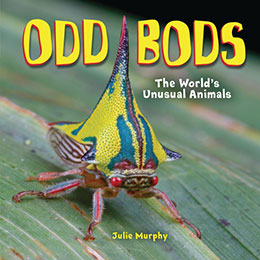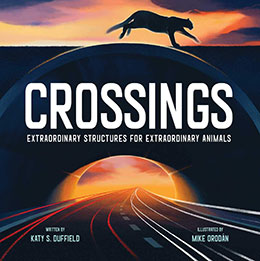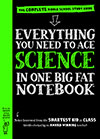expository nonfiction
Crossings
Why do I love this expository literature book so much? Because it cleverly combines environmental science and engineering in a way that’s bound to engage a broad audience of young readers.
The Writing Process as a Living Story
In some ways, it’s too bad that the curriculum in most schools calls for writing personal narratives at the beginning of the school year because I think students could learn a lot by crafting a personal narrative about the process of researching, writing, and revising an informational writing assignment.
What do I mean by that? Well, lately, I’ve been thinking about my nonfiction book-making process as a living story.… more
What the Heck is Creative Nonfiction?
The term creative nonfiction was first used by Lee Gutkind in the 1980s as a synonym for narrative nonfiction. Gutkind wished to convey the idea that nonfiction wasn’t always dry and utilitarian. By employing such elements as character, dialogue, scene building, strong voice, innovative structure, point of view, and literary devices, writers could craft nonfiction that sings. … more
Everything You Need to Ace Five Subjects
I’ve had this TBR pile of five very attractive, come-hither-looking books begging to be recommended for weeks now. The spines are bright primary colors so I know that even when I shelve them they will be calling to me. And I think they’ll be calling to your students as well.
I open what are for me the two scariest volumes (eat your vegetables first — oops, as an adult, I find I LOVE vegetables), Everything You Need to Know to Ace Science in One Fat Notebook: Notes Borrowed from the Smartest Kid in Class (Double-Checked by Award-Winning Teacher) and Everything You Need to Ace Math in One Big Fat Notebook: Notes Borrowed from the Smartest Kid in Class (Double-Checked by Award-Winning Teacher).… more




